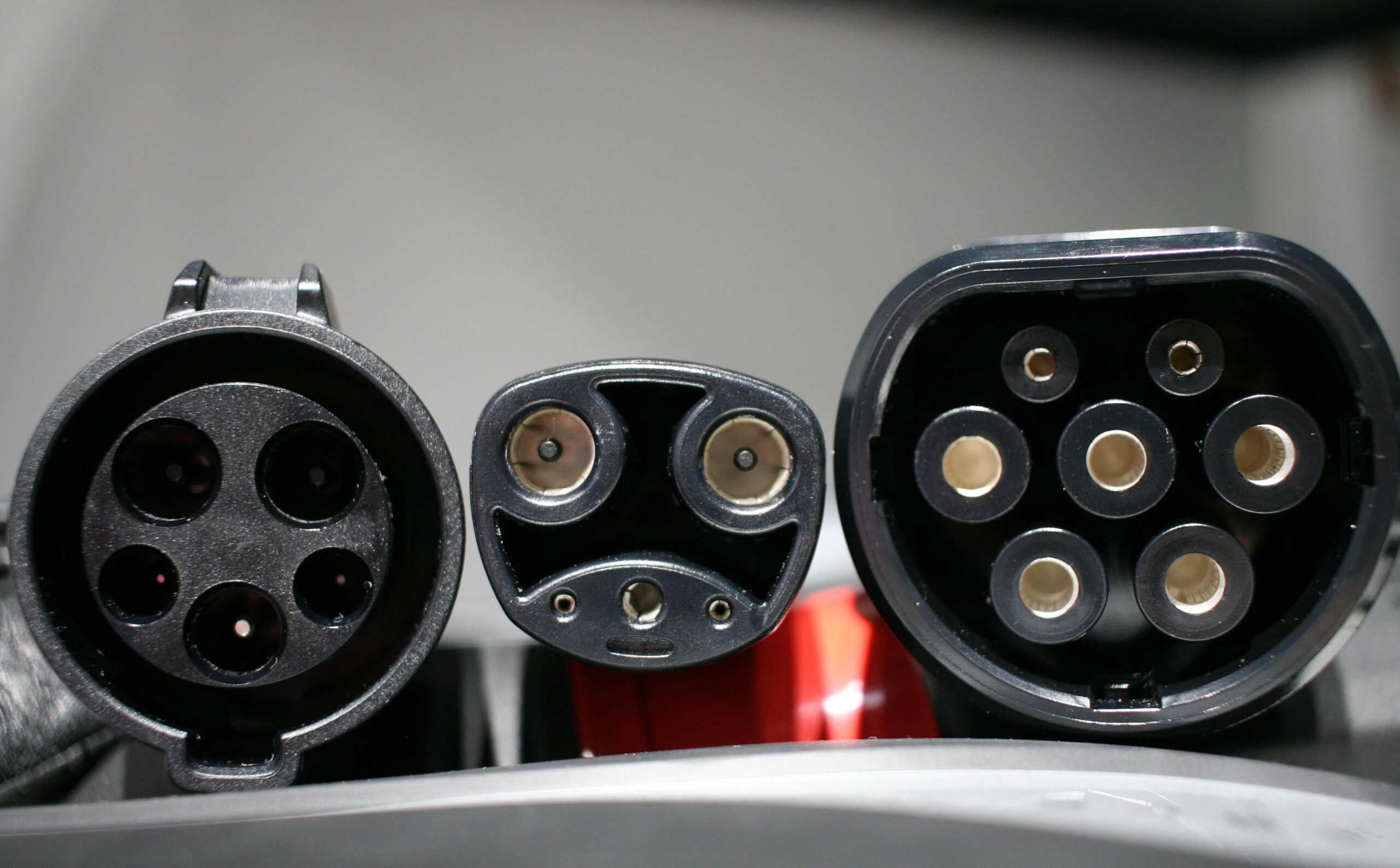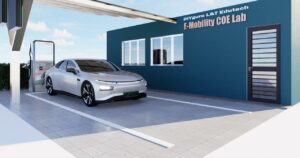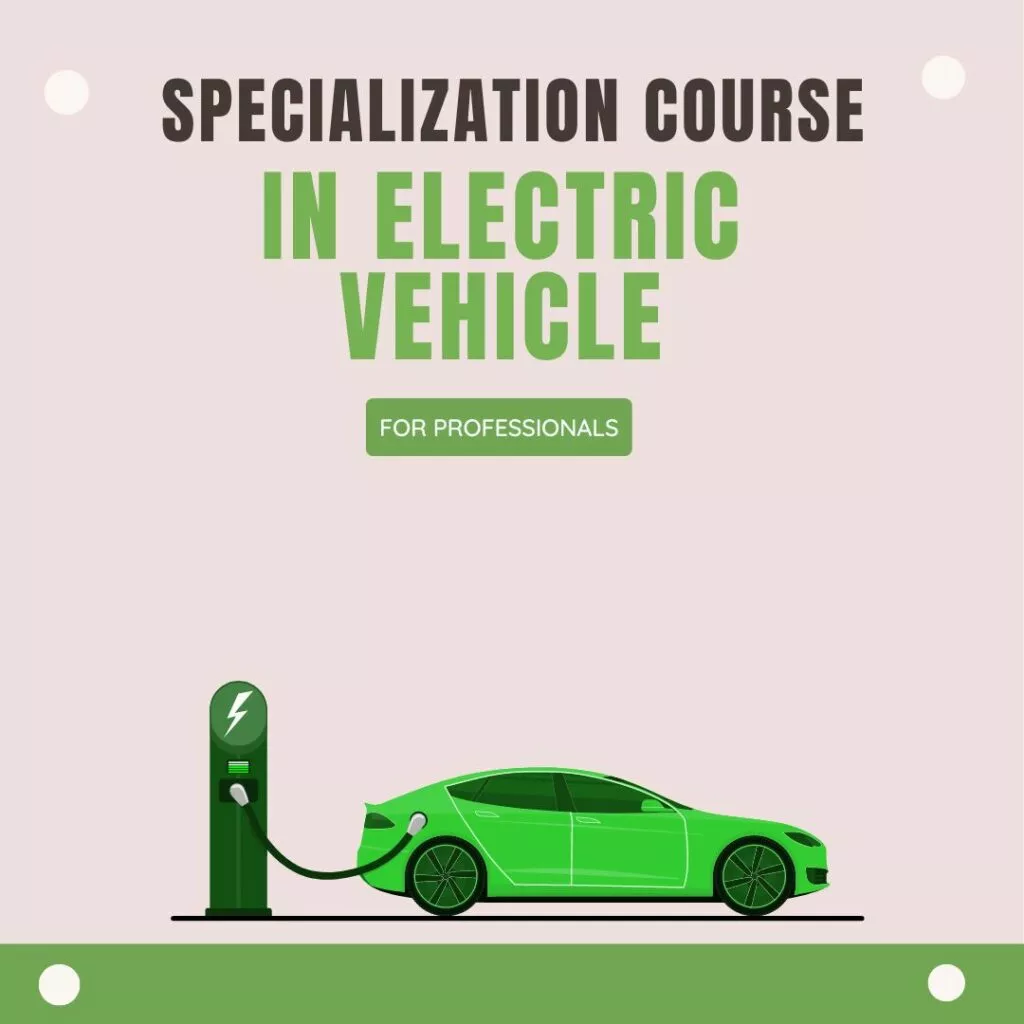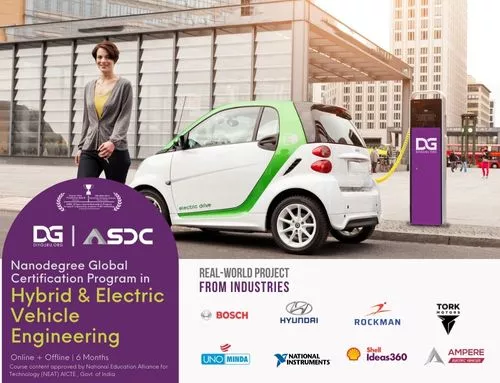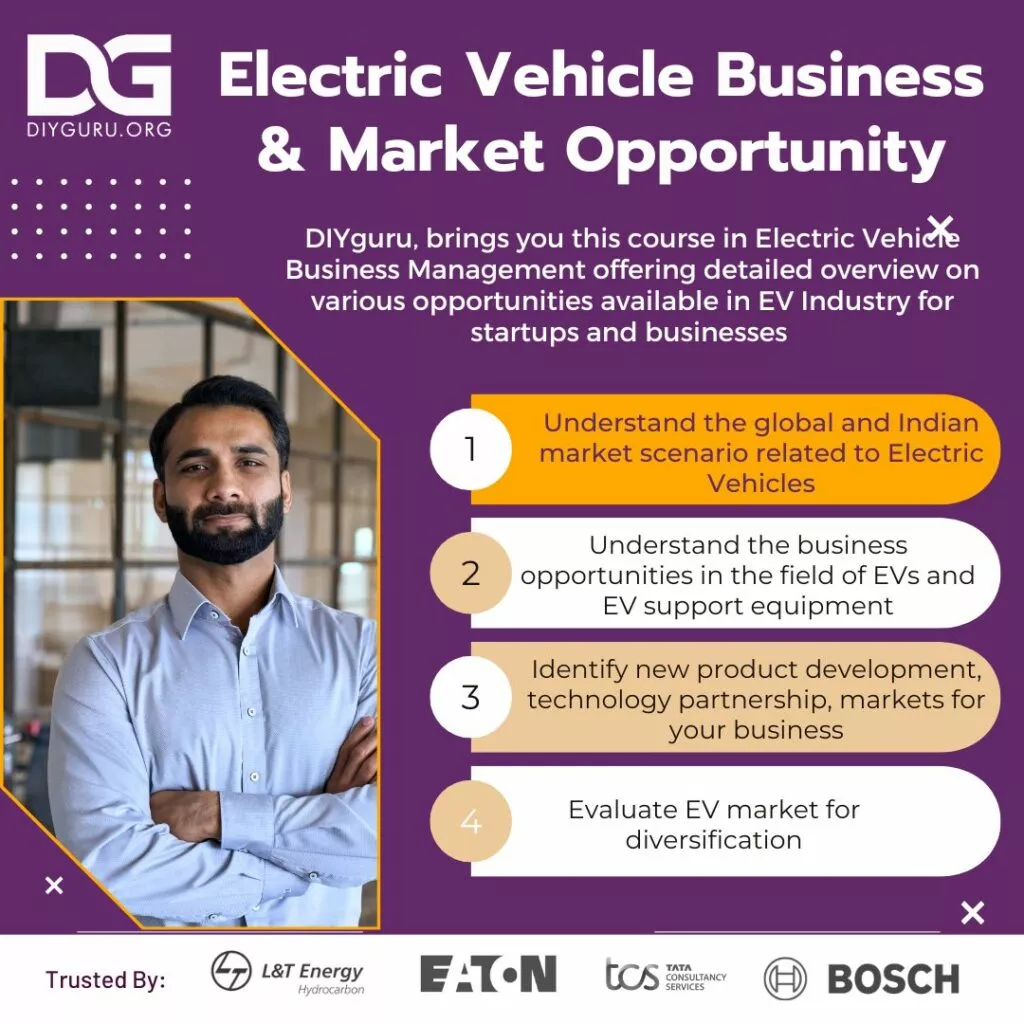Introduction:
In recent years, electric vehicles (EVs) have gained immense popularity as a cleaner and more sustainable mode of transportation. As the number of EVs on the road increases, so does the demand for EV charging stations. However, with different EV charging connector types available, it can be challenging to identify the right connector for your EV and the charging station. In this blog post, we will discuss the different types of EV charging connector types and their features.
What are EV charging connectors?
EV charging connectors are the physical components that connect an EV to a charging station. They come in different shapes and sizes and can vary depending on the make and model of your EV. The connector is responsible for transmitting power from the charging station to the EV battery, enabling the vehicle to charge.
EV charging connector types:
There are several types of EV charging connectors available, each with its own unique features and compatibility. Let’s take a closer look at the most common types of EV charging connectors:
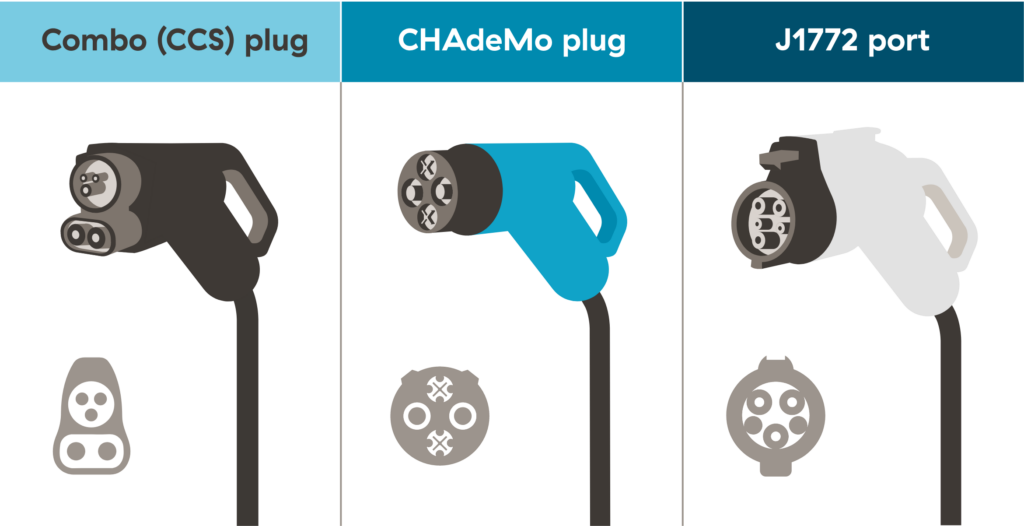
- CHAdeMO:
CHAdeMO is a fast-charging connector commonly found in Japanese electric cars, including Nissan and Mitsubishi. It can charge at a maximum rate of 62.5 kW and has a unique “V” shape that sets it apart from other connectors. CHAdeMO is not as widely used as other connectors but is still prevalent in Japan and other parts of Asia.
- CCS:
CCS (Combined Charging System) is a fast-charging connector used in Europe and North America. It combines a Type 2 connector with two additional DC pins, allowing for fast charging at a maximum rate of 350 kW. CCS is commonly used by European manufacturers, including BMW, Mercedes-Benz, and Volkswagen, and is becoming more popular in North America.
- Tesla:
Tesla has its own proprietary connector, which is used exclusively by Tesla vehicles. The Tesla connector is a modified version of the Type 2 connector and can charge at a maximum rate of 250 kW. Tesla connectors are only compatible with Tesla charging stations, limiting their availability.
- Type 2:
Type 2 connectors are commonly used in Europe and are becoming more popular in other parts of the world. They are used for both AC and DC charging and can charge at a maximum rate of 43 kW. Type 2 connectors are used by manufacturers including Audi, BMW, and Mercedes-Benz.
- Type 1:
Type 1 connectors are commonly used in the United States and Japan and are also known as J1772 connectors. They are used for both AC and DC charging and can charge at a maximum rate of 7.2 kW. Type 1 connectors are used by manufacturers including Chevrolet, Ford, and Nissan.
How to choose the right EV charging connector?
Choosing the right EV charging connector depends on several factors, including the make and model of your EV, the type of charging station available, and your travel plans. The best way to ensure compatibility is to check your EV’s manual or consult with the manufacturer. Additionally, many EV charging stations now offer multiple connector types, making it easier to find a compatible charging station on the go.
Conclusion:
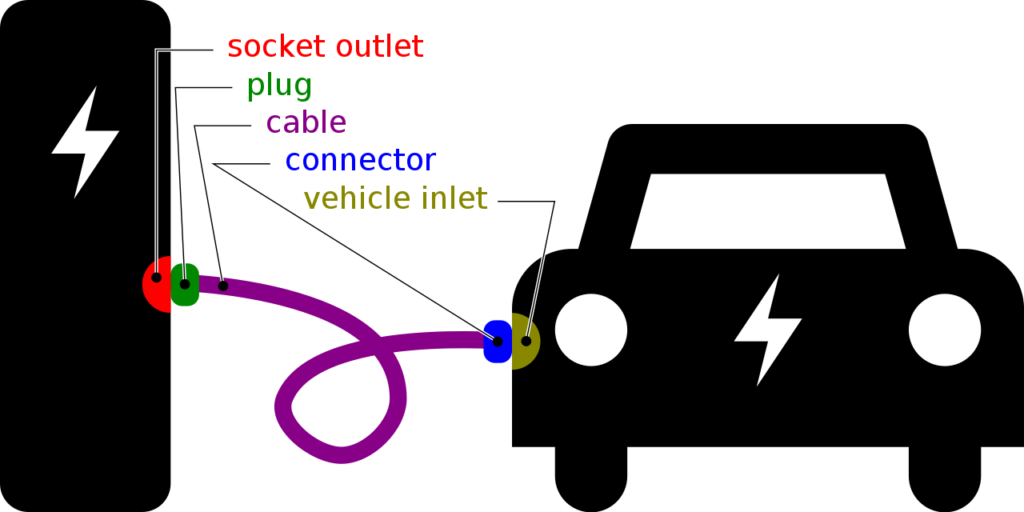
As the number of EVs on the road continues to increase, it’s essential to understand the different types of EV charging connectors and their compatibility. Whether you’re a seasoned EV driver or a new EV owner, understanding the different connector types can help you make informed decisions about charging your vehicle. By choosing the right connector, you can ensure efficient and effective charging, making your EV ownership experience more convenient and enjoyable.
FAQs:
Q1. What is an EV charging connector?
Ans. An EV charging connector is the physical component that connects an electric vehicle to a charging station. It is responsible for transmitting power from the charging station to the EV battery.
Q2. How many types of EV charging connectors are there?
Ans. There are several types of EV charging connectors available, including CHAdeMO, CCS, Tesla, Type 2, and Type 1.
Q3. What is the difference between AC and DC charging?
Ans. AC (alternating current) charging is slower than DC (direct current) charging. AC charging is typically used for overnight charging at home or at work, while DC charging is used for fast charging on the go.
Q4.Can I use any EV charging connector to charge my EV?
Ans. No, not all EV charging connectors are compatible with all EVs. It’s important to check your EV’s manual or consult with the manufacturer to determine the right connector for your vehicle.
Q5. What is the maximum charging rate for CHAdeMO connectors?
Ans. CHAdeMO connectors can charge at a maximum rate of 62.5 kW.
Q6. What is the maximum charging rate for CCS connectors?
Ans. CCS connectors can charge at a maximum rate of 350 kW.
Q7. Can I use a Tesla connector with a non-Tesla EV?
Ans. No, Tesla connectors are proprietary and can only be used with Tesla vehicles.
Q8. What is the maximum charging rate for Type 2 connectors?

Ans. Type 2 connectors can charge at a maximum rate of 43 kW.
Q9. What is the maximum charging rate for Type 1 connectors?
Ans. Type 1 connectors can charge at a maximum rate of 7.2 kW.
Q10. Are all EV charging stations equipped with multiple connector types?
Ans. No, not all EV charging stations offer multiple connector types. It’s important to check the charging station’s specifications before planning your charging stops.


